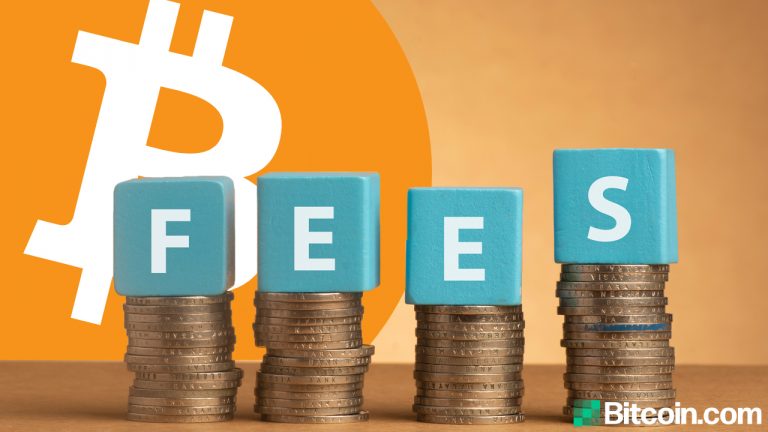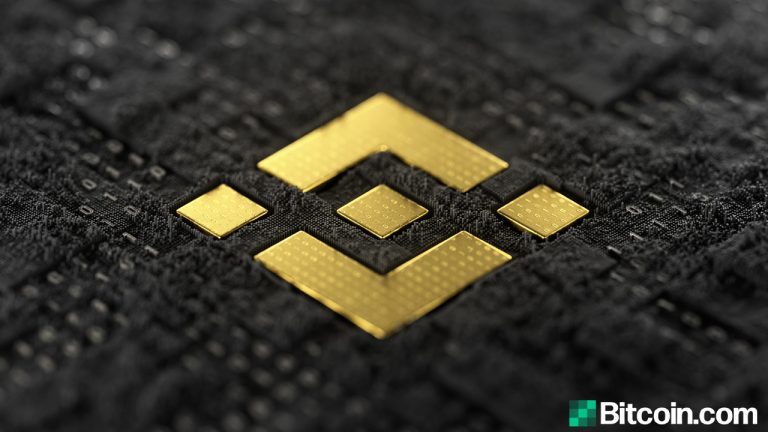
Karura Swap has opened trading for the Kusama/Karura — KSM/KAR — pair as the platform becomes one of the first DEXs to launch on Polkadot and Kusama.
Karura, the Polkadot implementation of the Acala protocol, has launched its decentralized exchange (DEX) platform, Karura Swap.
According to the announcement issued on Friday, the DEX platform is now live, with KSM/KAR being the first trading pair on the exchange.
Per details provided by the announcement, Karura Swap has gone live with an initial total value locked north of $3.4 million, with more than 1,000 unique liquidity providers (LP).
The team revealed that the DEX launch highlighted the benefits of its “Bootstrap feature” that provides a liquidity sandbox for trading pairs with the walled environment, reportedly preventing front-running and market manipulation during the initial launch of a trading pair.
“With Bootstrap, Karura aims to empower trustless trading at fair market rate to reflect the tenets of equitable and open finance for all,” the blog post added.
Indeed, the inaugural KSM/KAR pair passed through the bootstrap phase and has only gone live after satisfying the mandated liquidity goal. With the launch of the DEX, Karura Swap becomes the first decentralized exchange on Polkadot and Kusama and the first avenue for trustless trading of Kusama tokens on a DEX.
Other trading pairs that will be launched on Karura Swap can also make use of the Bootstrap feature. LPs can elect to supply one or both tokens in the pool during the process, while trading remains suspended until the set liquidity target is achieved.
Related: DeFi hub Karura emerges as first Kusama parachain slot auction winner
With Karura envisioned as a decentralized finance hub on Kusama, the team said other features such as kUSD stablecoin loans, staking and liquidity mining programs are in the works. These added protocols are part of the plans to build up the network within the 48-week network lease secured by winning a parachain auction slot.
As previously reported by Cointelegraph, Karura became the first Kusama parachain slot auction winner back on June 22, with over 501,000 KSM staked in the crowd-loan process. These slot auctions determine the parachains that will be added to the Kusama relay chain, which serves as a companion network for Polkadot.









 On March 2, 2021, the average fee on the Ethereum network costs around 0.0083 ETH in gas or around $12.89 per transaction. Transaction fees of this caliber have dampened Ethereum-based decentralized finance (defi) applications and Web3 platforms. On February 23, however, crypto proponents were introduced to an alternative solution called Moeing chain. The Moeing chain […]
On March 2, 2021, the average fee on the Ethereum network costs around 0.0083 ETH in gas or around $12.89 per transaction. Transaction fees of this caliber have dampened Ethereum-based decentralized finance (defi) applications and Web3 platforms. On February 23, however, crypto proponents were introduced to an alternative solution called Moeing chain. The Moeing chain […]